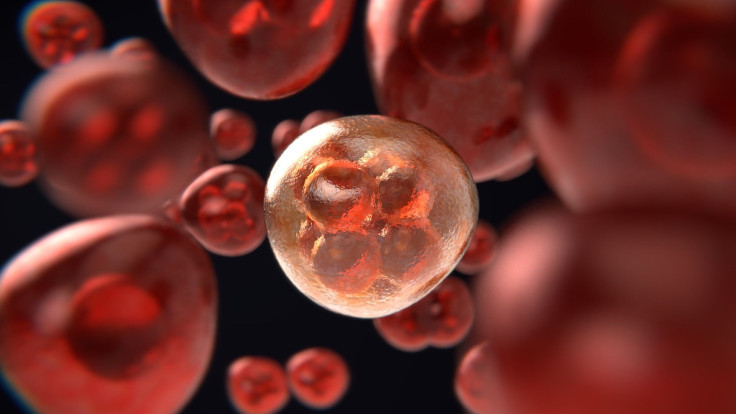Few Women In US Aware Of Cancer That Grows Near Breast Implants, Study Says

KEY POINTS
- A study revealed not all of them have heard about a cancer growth near these implants
- This type of cancer is an immune-system cancer commonly called as BIA-ALCL
- Out of the 12% of respondents who had breast implants, more than half admitted to not being aware of the lymphoma
The level of awareness among American women concerning the type of cancer that grows around breast implants is very low, researchers say.
A study, led by Dr. Justin Sacks, chief of plastic and reconstructive surgery at the Washington University in St. Louis, showed that a certain form of lymphoma can grow in areas around breast implants.
The growth discovered by researchers is an immune system cancer called breast implant-associated anaplastic large cell lymphoma or BIA-ALCL. This type of cancer has already claimed the lives of 17 women worldwide and more than 620 cases were reported, U.S. News & World Reports magazine reported. The growth may be found between one in 3,000 to one in 12,000 women with textured breast implants. The rate is lower among those with smooth-surfaced implants.
To measure the level of awareness regarding this type of cancer, the researchers surveyed 500 U.S. women. One in seven participants said they have already heard about BIA-ALCL. But out of the 12% of the respondents who had breast implants, more than half admitted to not being aware of the lymphoma.
The researchers then talked to the respondents about BIA-ALCL to see whether the information given to them will affect their perception on breast implants. They found that about 58% of the respondents were still willing to have a reconstructive breast implant and 46% of them were open to the idea of getting cosmetic breast implants. Only 36% said they were less likely to get a breast implant.
Among the respondents who had implants, about two-thirds expressed some concern regarding lymphoma formation around the implants. Around 35% said they would consider removing their implants after learning about BIA-ALCL.
At present, there is no recommendation to remove the implants if the women are not showing symptoms of BIA-ALCL. These include a lump or pain in the area near the implant and swelling.
Sacks and his co-researchers said the findings of their study will help surgeons in understanding the risks of the lymphoma and also “guide future public education efforts on BIA-ALCL.”
The study was published in the Plastic and Reconstructive Surgery journal's July issue.
© Copyright IBTimes 2025. All rights reserved.





















